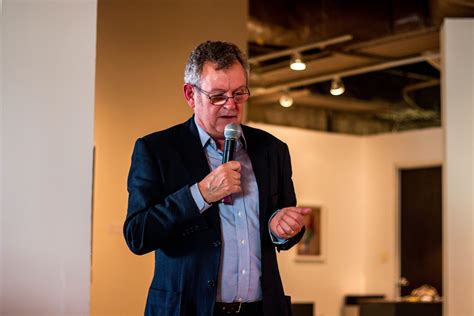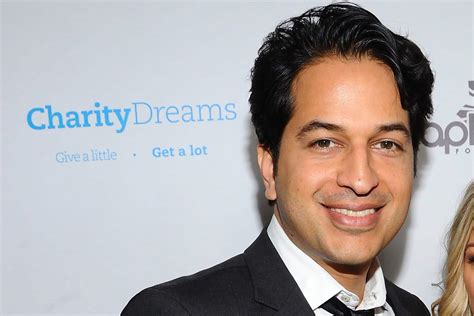A Quote by David Kay
This hearing came about very quickly. I do have a few preliminary comments, but I suspect you're more interested in asking questions, and I'll be happy to respond to those questions to the best of my ability.
Related Quotes
If you don't put the spiritual and religious dimension into our political conversation, you won't be asking the really big and important question. If you don't bring in values and religion, you'll be asking superficial questions. What is life all about? What is our relationship to God? These are the important questions. What is our obligation to one another and community? If we don't ask those questions, the residual questions that we're asking aren't as interesting.
If you don't understand, ask questions. If you're uncomfortable about asking questions, say you are uncomfortable about asking questions and then ask anyway. It's easy to tell when a question is coming from a good place. Then listen some more. Sometimes people just want to feel heard. Here's to possibilities of friendship and connection and understanding.
Curiosity is a key building block. The more curious you are, the more creativity you will unleash. A great way to do that is to ask the three "magic questions" again and again... those questions are simply, "Why", "What if?", and "Why not?". Asking these questions constantly focused you on the possibilities and away from how things are at the moment.
The great philosophers of the 17th and 18th centuries did not think that epistemological questions floated free of questions about how the mind works. Those philosophers took a stand on all sorts of questions which nowadays we would classify as questions of psychology, and their views about psychological questions shaped their views about epistemology, as well they should have.
Most people believe that great leaders are distinguished by their ability to give compelling answers. This profound book shatters that assumption, showing that the more vital skill is asking the right questions…. Berger poses many fascinating questions, including this one: What if companies had mission questions rather than mission statements? This is a book everyone ought to read—without question.




































